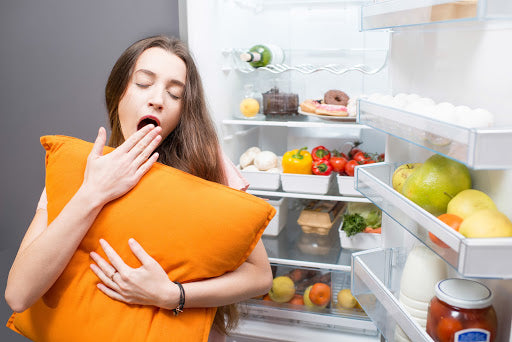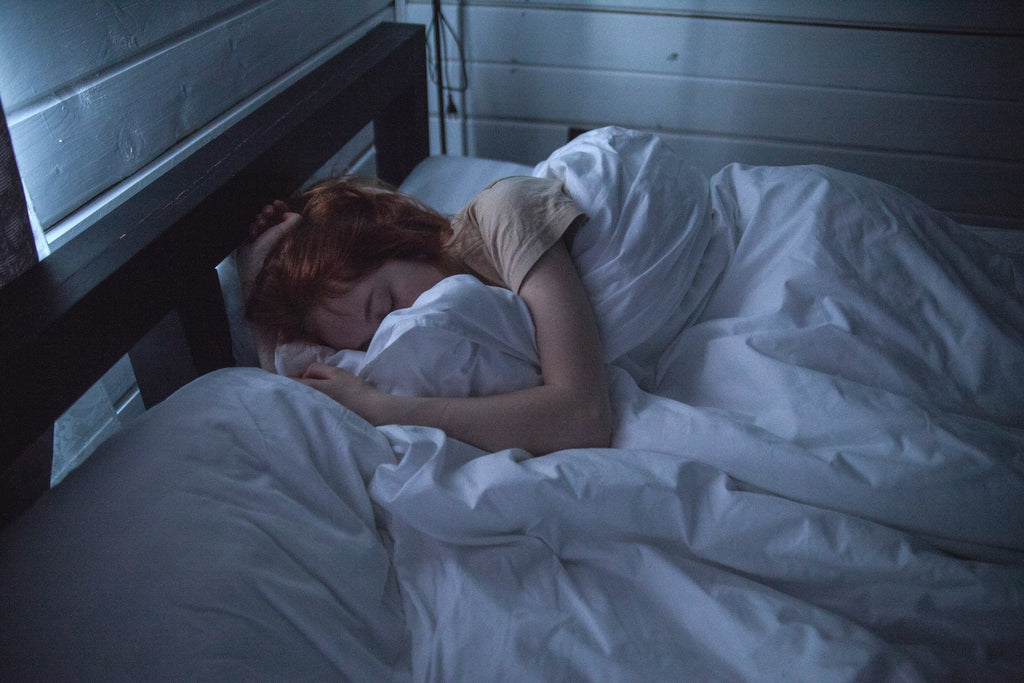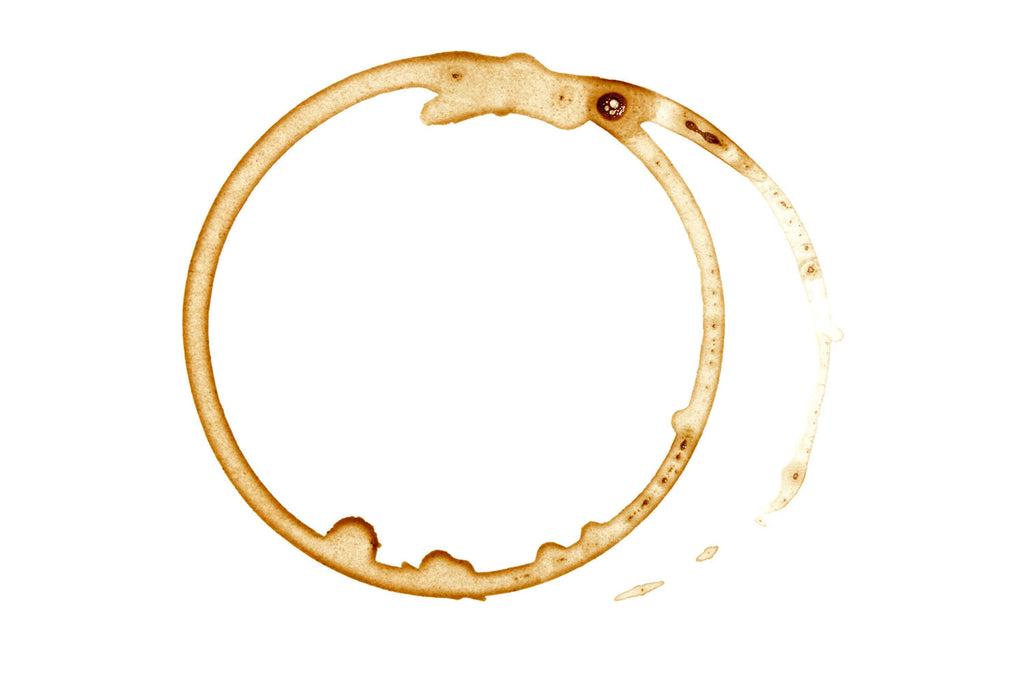
Sleep Inducing Foods That Can Help Fight Insomnia

According to a recent poll, 40% of American adults are getting only 6.8 hours of the recommended 7-9 hours of uninterrupted sleep. Beyond leaving people sleepy and irritable, sleep deprivation can lead to serious conditions such as heart disease, obesity, and diabetes.
In addition to having a good mattress and bedding for a comfortable resting place, you can also enhance your sleep with tasty and nutritious foods for insomnia.
What to Look for in Sleep Inducing Foods
Rather than concentrating on individual foods, let’s consider the building blocks of the best foods for sleep. Amino acids, enzymes, antioxidants, nutrients, hormones, and chemicals work together to help promote the best night’s sleep possible.
Some of the most common components you should look for in sleep-inducing foods are:
- Tryptophan
- Melatonin
- Magnesium
- Calcium
- Vitamin D
Tryptophan
You are probably familiar with this amino acid found in turkey, which can lead to the sleepiness you feel after enjoying your Thanksgiving meal. It is more likely a combination of the bigger-than-usual meal and tryptophan, but it is true that your body can convert tryptophan into melatonin, regulating the sleep-wake cycle.
Besides poultry, other good sources of tryptophan are:
- Pumpkin seeds
- Chickpeas
- Bananas
- Asparagus
- Cheese

Melatonin
You can increase your melatonin levels by getting some sunshine and avoiding blue light exposure, particularly before bedtime. There are also sources of melatonin-containing foods for insomnia, such as:
- Tart cherries
- Rolled oats
- Olives
- Grapes
- Peanuts
Magnesium
It is believed that the inflammation-reducing properties of magnesium can help provide a better sleep experience. Continued research is needed, but studies also show that consuming the RDA (Recommended Daily Allowance) of magnesium can help reduce levels of cortisol, a steroid hormone increased by stress.
Almonds are one of the best sources of magnesium and can greatly enhance overall health. Other sources include:
- Tuna
- Avocado
- Low-fat yogurt
- Kale
- Wheat germ
Calcium
You should also start adding foods to your diet that contain elements your body will turn into melatonin, like calcium. While it may be tempting to interpret that to mean you should eat a big bowl of ice cream before bed, but that is not the healthiest solution. Some better sleep-inducing foods containing calcium are:
- Green snap peas
- Broccoli
- Sardines
- Soybeans
- Okra

Vitamin D
Like melatonin, you can get Vitamin D by spending time in the sun, but of course there are delicious and nutritious food sources of Vitamin D. Increase your Vitamin D by eating:
- Beef liver
- Egg yolks
- Spinach
- Salmon
- Low-fat milk
A glass of warm low-fat milk may be the grand champion when it comes to sleep-inducing foods. In addition to the comfort of the warmth, milk contains Vitamin D, calcium, melatonin, and tryptophan.
Foods to Avoid
Some foods can disrupt your sleep patterns just as others can enhance it. For the best possible sleep, do not eat anything for at least 2-3 hours before retiring to bed. You may want to avoid:
- Spicy foods
- Fatty foods
- Anything containing caffeine
- Foods with high water content (watermelon, lettuce)
- Alcohol
Nighty-Night!
Now that you have a new diet that will help you fight insomnia and get a more restful and rejuvenating night’s sleep, it is time to look to eLuxury to put together your perfect night-time mattress and bedding landing pad.





